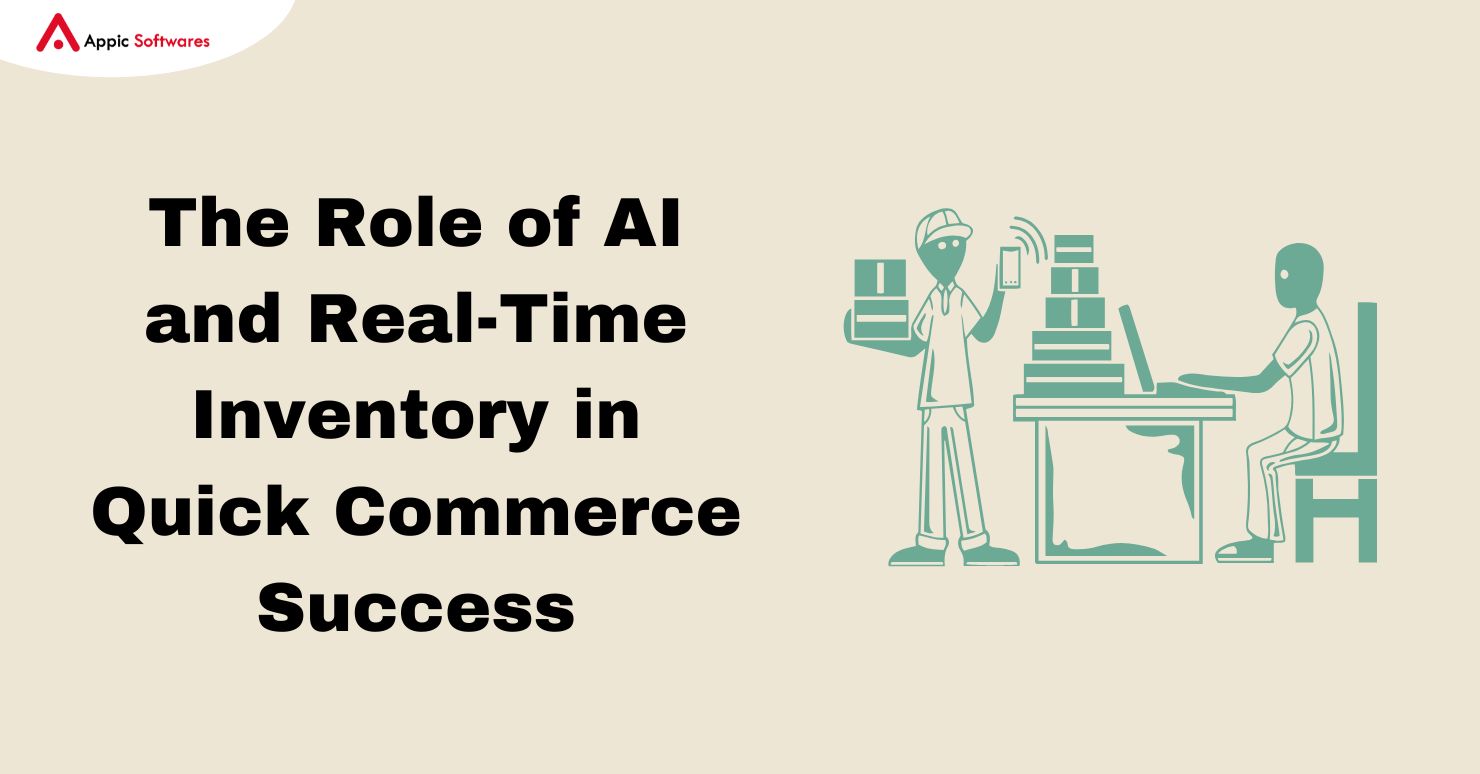
Imagine having a personal AI assistant like AI agents for fraud detection that can detect fraud before it occurs and doesn’t sleep or blink. This is not a science fiction movie. This is how intelligent fraud detection ought to take place. Unfortunately, as online services and digital transactions become more and more integrated into our daily lives, fraud has proliferated. Systems must develop new methods to thwart these attacks as attackers look for new ways to scam individuals through identity theft and phishing. For this reason, fraud protection through analytics, artificial intelligence (AI), and real-time monitoring becomes crucial.
Businesses, institutions, and even individuals are constantly worried about money loss and data theft. The main instrument for enhancing security is the detection and prevention of fraudulent activities. In the constantly changing digital environment, they also contribute to the development of trust.

Source: Market.us
The Increasing Complexity Of Fraud
According to a report by Juniper Research, online payment fraud losses are expected to reach $48 billion annually in 2023, highlighting the increasing complexity of fraud. The detection of fraud has grown more challenging than it was just a few years ago. Security weaknesses are now manipulable by cybercriminals. To get over traditional security measures, they employ complex strategies including artificial intelligence-driven attacks and fake identities. Therefore, as fraudsters continue to alter their strategies and technology advances, conventional detection techniques are no longer effective and can be circumvented.
Modern Fraud Types
Phishing
Phishing scams use phony emails or websites to deceive victims into divulging personal information, such as account numbers or passwords. These assaults frequently imitate well-known businesses, making it difficult for users to identify them.
Fraudulent Payments
Payment fraud happens when criminals alter payment systems, resulting in chargebacks and unlawful transactions. For financial institutions and e-commerce platforms, this is a serious problem.
Identity Theft
Identity theft is fraud in which another individual uses your personal information solely for financial gain. Fake credit applications, unlawful expenditure, or even criminal activity are the outcomes.
Synthetic Fraud
Synthetic fraud is a more sophisticated type of fraud that creates phony identities that can evade fundamental security checks by fusing actual and fabricated information.
The Drawbacks Of Conventional Detection Systems
Despite their historical effectiveness, traditional fraud detection systems are no longer equipped to handle contemporary strategies. These systems make use of outdated rules and conventions. Therefore, they are unadaptable and resistant to contemporary frauds.
They generate numerous false positives and are unable to recognize novel fraud techniques. They frequently struggle to analyze large volumes of data quickly, which causes response delays. Businesses that rely on these systems run the risk of losing their data at any time and are vulnerable to sophisticated attacks. In the last 24 months, 59% of Indian organizations experienced financial or economic fraud, with procurement fraud emerging as the most significant concern.
Use AI Agents For Fraud Detection
Fraud detection systems benefit from artificial intelligence (AI) agents, which provide previously unheard-of levels of accuracy and efficiency. Unlike conventional systems, AI fraud detection agents are always improving and changing their strategies. They can also pick up knowledge from fresh dangers. Even before the scam occurs, they are able to generate notifications. This aids in the development of proactive defenses for the company.
This aids in shielding the business from possible cyber threats and hazards. Additionally, they work around the clock without getting weary; thus, the observation is done every day of the week, twenty-four hours a day. Their adaptability ensures that they will remain sufficiently elusive to protect against even the most cunning fraud schemes. Beyond fraud detection, AI agents in healthcare are also transforming the industry by enhancing security, streamlining processes, and preventing fraudulent activities in medical billing and insurance claims.
AI Agents’ Real-Time Data Analysis
- AI agents collect and analyze vast data in real time.
- Machine learning algorithms detect subtle irregularities leading to fraud.
- Alarms issued if questionable activity compares with historical data.
- AI agents adapt over time, identifying recent fraud schemes.
How Does An AI Agent Work?
Massive volumes of data may be processed and analyzed in real time by AI agents. This enables them to quickly identify odd patterns and activities.
Anomaly Detection: AI uses machine learning to identify even the smallest departures from typical behavior. This makes it easier to spot odd activity that others would miss.
Capabilities for prediction: AI agents are predictive in addition to reactive. With the aid of historical data, they are able to forecast the likelihood of fraud. This allows the company to take the necessary precautions before the damage is done.
Like devoted watchdogs, AI agents possessing these competencies monitor the situation. When fraud schemes are discovered, they might also send out alerts. AI agents have the ability to intercept early on as well.
Interestingly, AI agents in education use similar principles to detect anomalies in student performance, helping educators personalize learning experiences and identify academic dishonesty in real time. This adaptive intelligence enhances both security and efficiency across industries.
Are AI Agents In Fraud Detection Necessary In The Modern Era?
The ability of artificial intelligence agents to process and evaluate vast volumes of data is what makes them effective. They are also capable of processing quickly while maintaining accuracy.
Data collection is the first step for AI agents. Cleaning up the data gathered from multiple sources is the next stage. This information is used by the AI agents to make AI agents that constantly watch new data and compare it to the predicted patterns once the baseline of normal behavior has been set. By examining both recent and historical patterns, they can identify the anomaly.
AI agents react immediately to abnormalities by spotting questionable transactions, delivering notifications, or even temporarily halting operations pending additional investigation. According to a research study, AI-driven fraud detection systems will save businesses over $10 billion annually by 2025 by reducing fraud losses and improving security.
They can increase their accuracy and lower the quantity of false alarms by being able to learn from feedback. AI is a powerful tool in the fight against contemporary fraud because of its real-time and changeable performance as well as its never-ending learning capacity.
Here are the several phases that an AI agent goes through in order to comprehend how they carry out their tasks:
Analyzing Data In Real Time And Finding Patterns
Real-time scans of transactional and behavioral data are simple for AI agents to do. Conventional methods take hours or even days to complete this task. On the other hand, anomalous activities like recurring transactions, location inconsistencies, or mismatched IP addresses can be instantly detected by AI agents.
Artificial Intelligence Techniques
Machine learning (ML) algorithms are the engine of AI fraud detection. To identify anomalous occurrences, these systems are trained using historical data. For instance, if an AI system that examines credit card transactions discovers a significant expense in a foreign nation without any prior travel history. As soon as the AI agents detect this problem, they will notify the authorities.
In Conclusion
The technique of incorporating AI technology into fraud detection has been perfected by Appic Softwares, an AI agent development company. As a result, the entire process is more intelligent and effective. Furthermore, our experts in AI Agent solutions are constantly on hand to offer trustworthy advice and the best generative AI solutions for fraud detection. To guarantee a fraud and spam-free operation, schedule a session with our generative AI development specialists.








